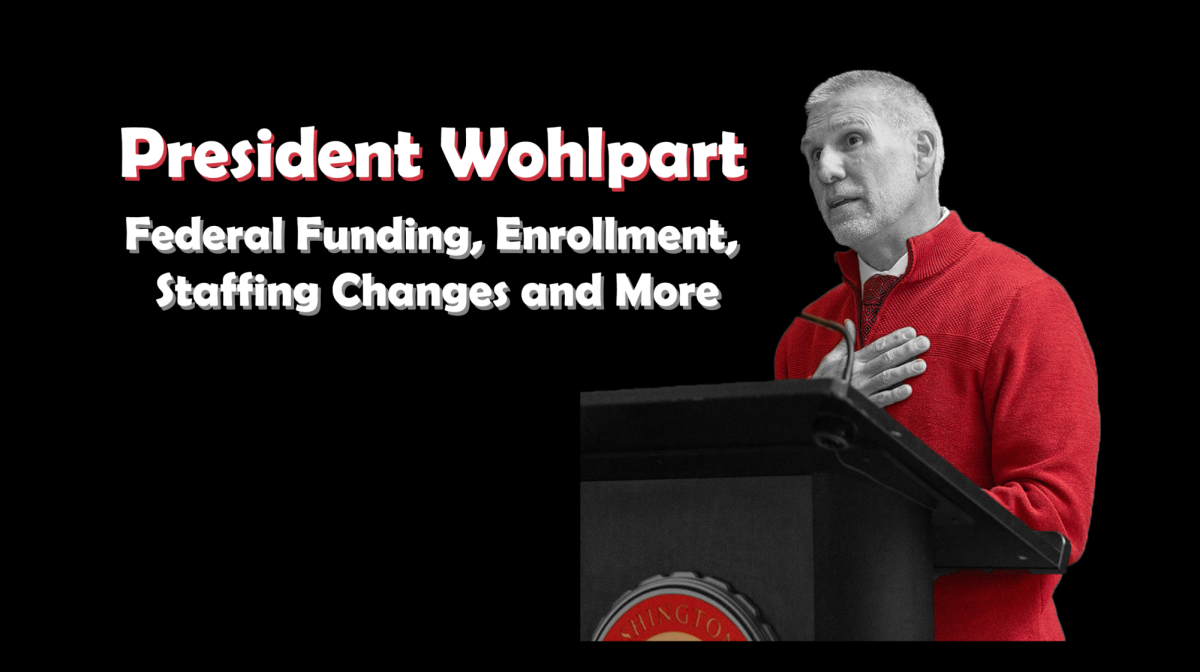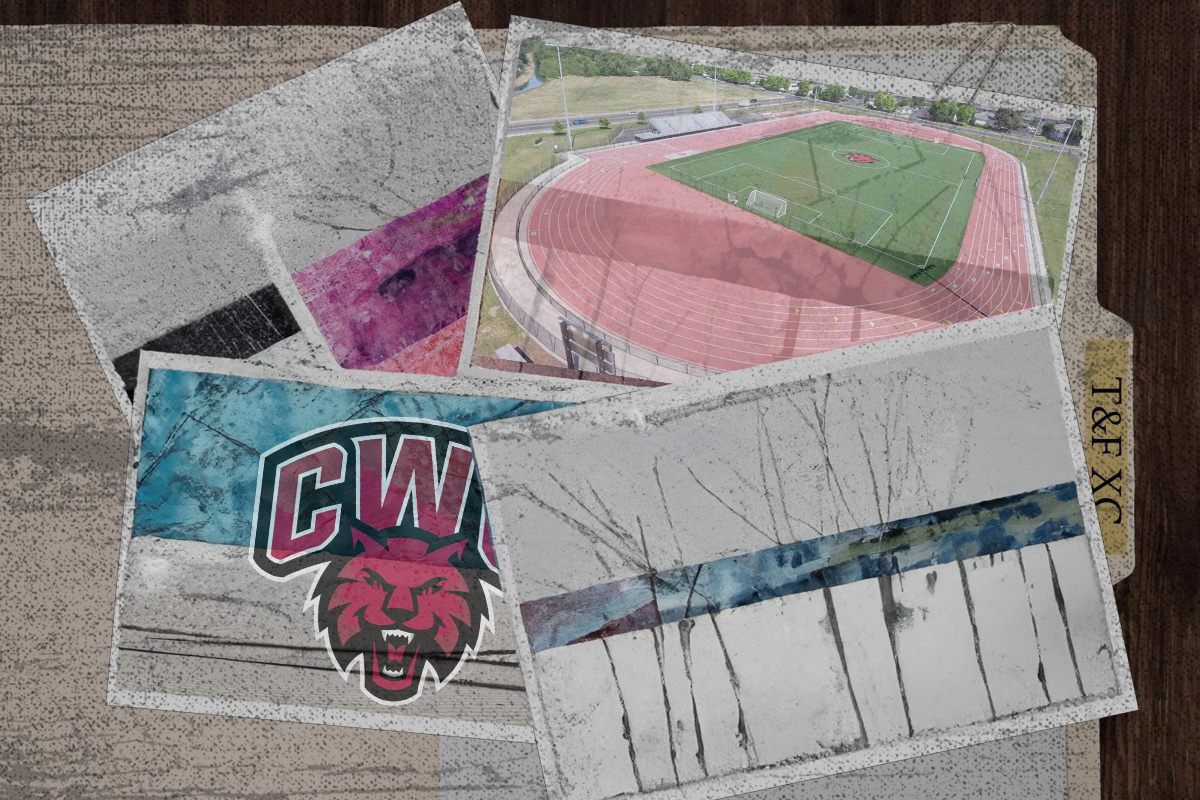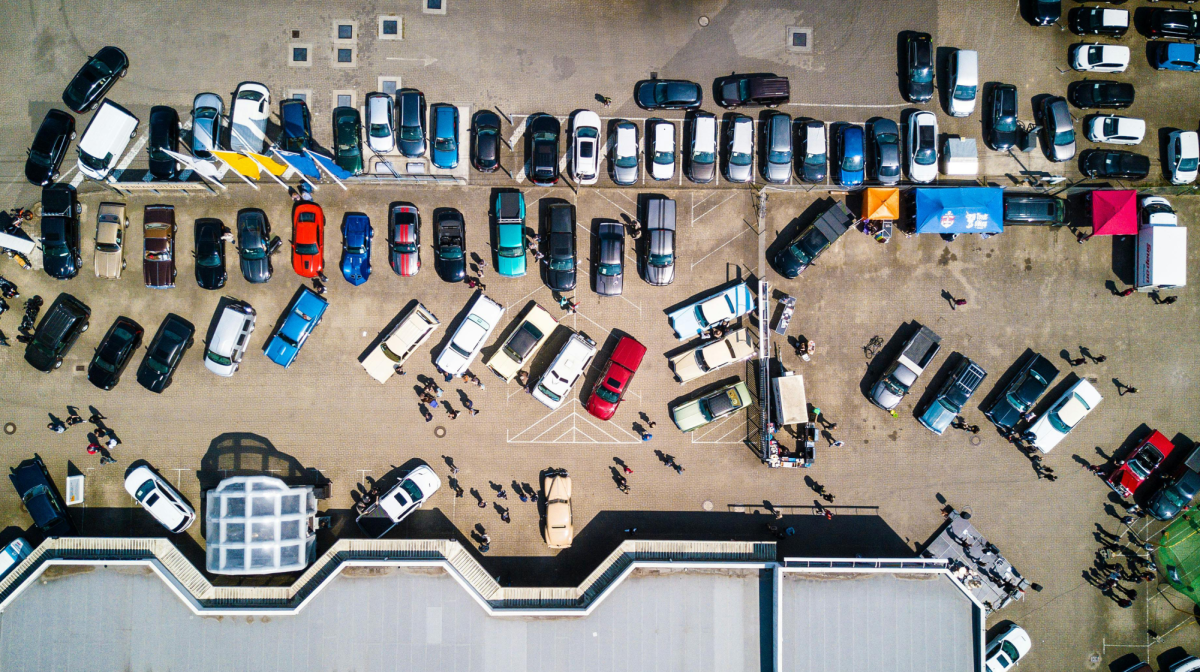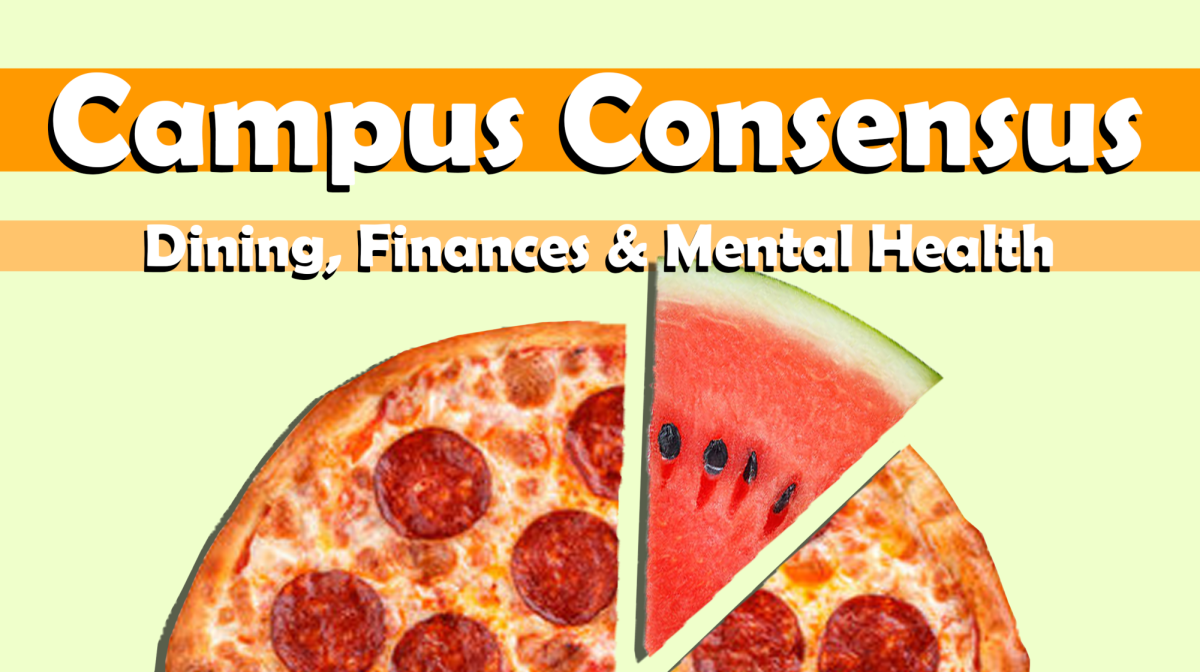For many CWU students and college students across the board the 2024 presidential primary election was their first voting experience. According to CNN, primaries are “election[s] to select candidates, usually for a particular political party, to appear on the general election ballot.” This means that while primary elections do not determine who becomes the next president, they — and the voters who participate in them — play a large role in deciding the candidates that have a chance of winning the presidency. Despite this, only 11,888 people in Kittitas County voted in the primaries, which is less than 40%.
Even when it comes to CWU students who did vote, the issue of dissatisfaction is clear. “None of the likely-to-win candidates are satisfying or reassuring, they both represent right-wing interests,” Ryan Van Der Put, a sophomore political science major, said. “Trump is a monster when it comes to his treatment of minority groups and the working class as a whole and Biden continues to show support for Israel despite the state currently committing a genocide against Palestinians. Biden doesn’t even really oppose Trump, he’s failed to handle the southern border situation appropriately and often gives the GOP an edge in all policy-making.”
The sentiment of dissatisfaction is echoed by Rin Garcia Sanchez, a first-year student majoring in social services and women’s gender and sexuality studies. Like Van Der Put, this was Sanchez’s first time voting in a presidential election and something that they had looked forward to.
“I felt very conflicted,” Sanchez said. “I used to be excited about being able to vote because that meant that would be one more way I could participate in creating change. However, both parties have shown a lack of support for too many communities, specifically those of color. For that reason, voting felt very lackluster, almost like my choices would have no impact on the safety and security of my and other communities.”
Because of these conflicting feelings, Sanchez chose to make a slightly unconventional move when voting. “I voted uncommitted for this election because of the president’s current political actions that have refused humanitarian rights to the people of not only Gaza but other areas across the globe that have gone unaddressed,” Sanchez said. “Moreover, I had seen little change and at times even step-backs in action for BIPOC, LGBTQ+ and women’s rights. For these reasons any vote to either party’s main candidates feels like an injustice to those who have suffered and continue to.
Along with the challenges students may face when it comes to the candidates themselves, many students are not registered to vote in Kittitas County, meaning that if they are registered, their ballots are sent to their homes, which can be inaccessible for those who don’t live close. However, changing your address on your voter’s registration, and even registering to vote in itself doesn’t need to be difficult. United States citizens can go to voter.votewa.gov and use their driver’s license or ID to register. You can list your dorm address — which can be found at the mailroom — to register, even though you do not live there permanently.
“I do feel it matters because when many don’t vote during primaries, the options become more limited in the ‘more’ important election,” Sanchez said. “At that point it becomes too late to look into other candidates and those we put into leadership positions can end up not being fit for the role. I believe it is important to vote as there are many in our community, or even just within our individual families who are unable to. I do understand that voting can seem intimidating and there are definitely circumstances in which voting just may not be a priority for some people’s situations. But if you are able to vote, it can bring up potential movement towards pushing important actions to be done. Whether it be an issue of race, gender, sexuality, or a variety of many complex issues being addressed, voting is one of many steps we can take to provide more for various communities.”







